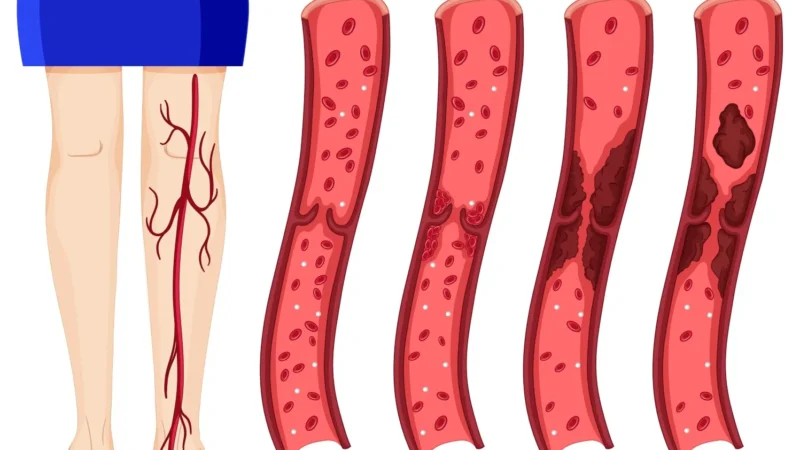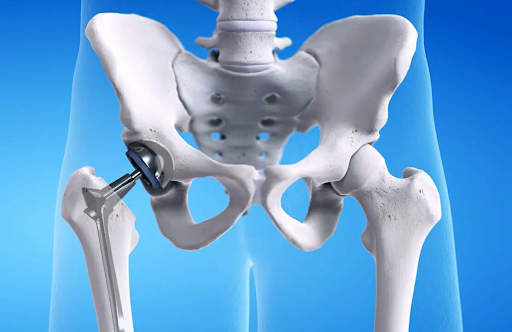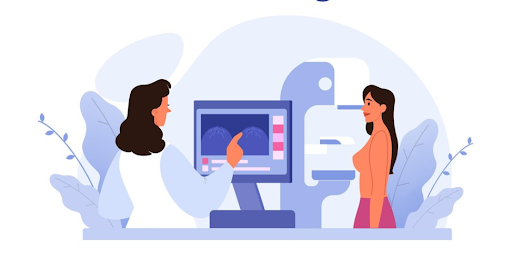Things to keep in mind when taking vitamin E

Vitamin E is a vitamin that comes in numerous forms, but the human body exclusively uses alpha-tocopherol. Its main role is to act as an antioxidant, absorbing free electrons (also known as “free radicals”) that can cause cell damage. [1] It also promotes immunity and prevents blood clots from developing in the heart’s arteries. If you’re looking to order natural vitamin E online, this article will help you make an informed decision.
Vitamin E and other antioxidant vitamins started gaining popularity in the 1980s as scientists realised that free radical damage was implicated in the initial phases of artery-clogging atherosclerosis and could contribute to eyesight loss, cancer, and a variety of other chronic illnesses. Vitamin E can safeguard cells from free radical damage and, in some cases, limit the generation of free radicals.
Amounts to consider
The recommended dietary allowance for vitamin E is 22 international units for males and females aged 14 and up, including pregnant women. Lactating women require a little more, 28 IU every day.
Deficiency symptoms
Vitamin E deficiency is generally uncommon because it is found in a range of meals and supplements. A vitamin E deficiency can occur in those with digestive problems or who can’t absorb fat adequately (e.g., cystic fibrosis, pancreatitis, celiac disease). Below are amongst the most common symptoms of a deficiency:
- Retinopathy (damage to the eye’s retina that can hinder vision)
- Peripheral neuropathy (injury to the peripheral nerves, generally in the feet or hands, causing pain or weakness)
- Ataxia (loss of body movement control)
- Immune system impairment
Toxicity
There is no indication that vitamin E presents naturally in foods is harmful. Most adults, who consume more than the RDA of 22 IU per day, take vitamin supplements or separate vitamin E pills containing 400-1000 IU per day. Supplement consumption has not been linked to any negative side effects in healthy adults. Nonetheless, excessive bleeding is dangerous, especially at doses larger than 1000 mg per day or when used with a blood thinner like warfarin. As a result, for individuals 19 and older, a daily vitamin E limit of 1000 mg (1465 IU) of any tocopherol supplement has been established.
What to watch out for
Manufacturers of dietary supplements are not compelled to put their goods through extensive testing and study. As a result, there’s no way of knowing if the label accurately portrays what’s within the bottle. Choose brands that willingly submit their products to an independent third-party analysis by a certifying body to identify products you can trust.
Vitamin E is heat sensitive and spoils if exposed to high temperatures or direct sunshine. Always keep vitamin E in its original container in a cold, dry place. Any gel capsules that have passed their use-by or maturity date are discoloured or show signs of leakage should be discarded. Vitamin E oil for topical use is sold in pharmacies and health food stores. It’s solely meant to be used by other people.
Before you order natural vitamin E online, see your doctor to determine which supplement type is best for you. A well-balanced diet provides enough vitamin E for the majority of people. If you have mild to severe Alzheimer’s disease, some studies show that vitamin E therapy could help delay the illness’s progression. Oral vitamin E use is generally safe when taken at recommended levels.






